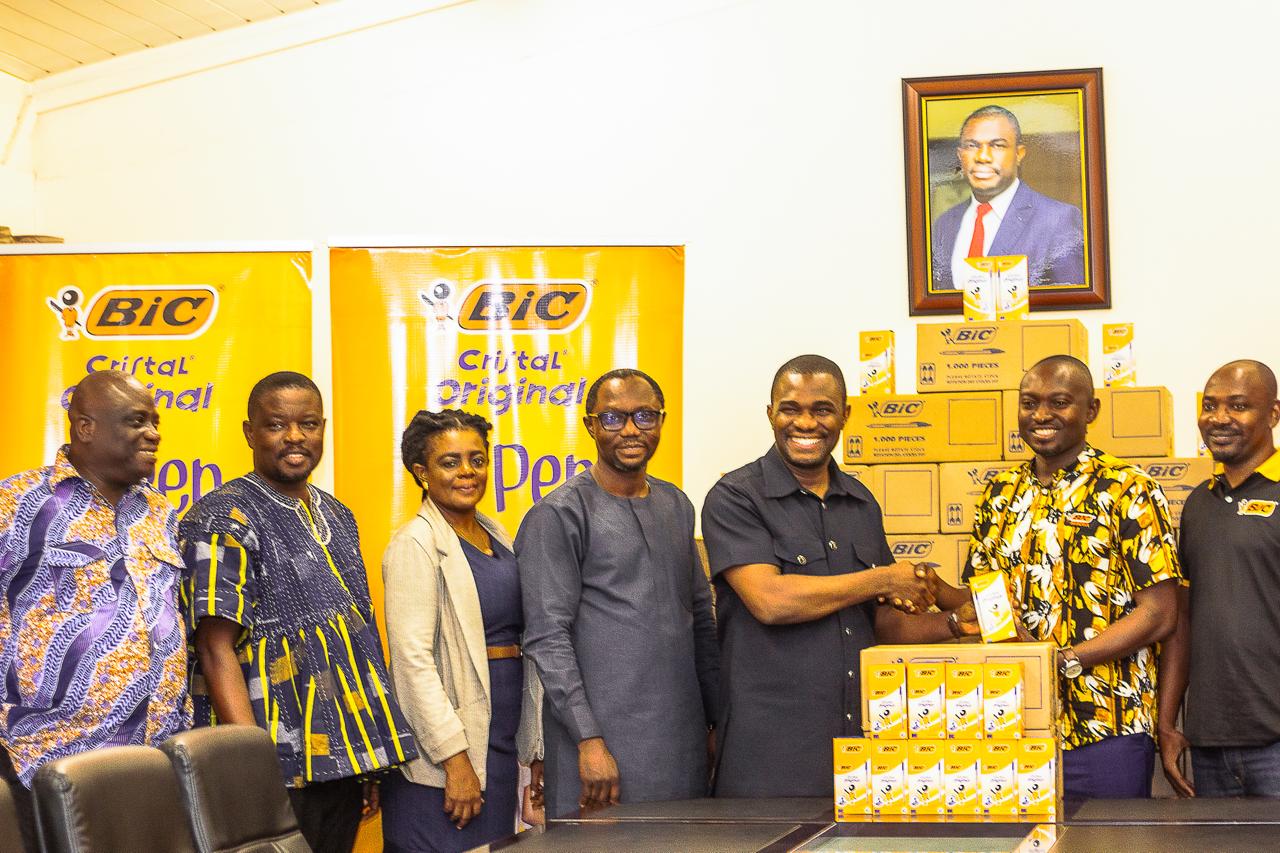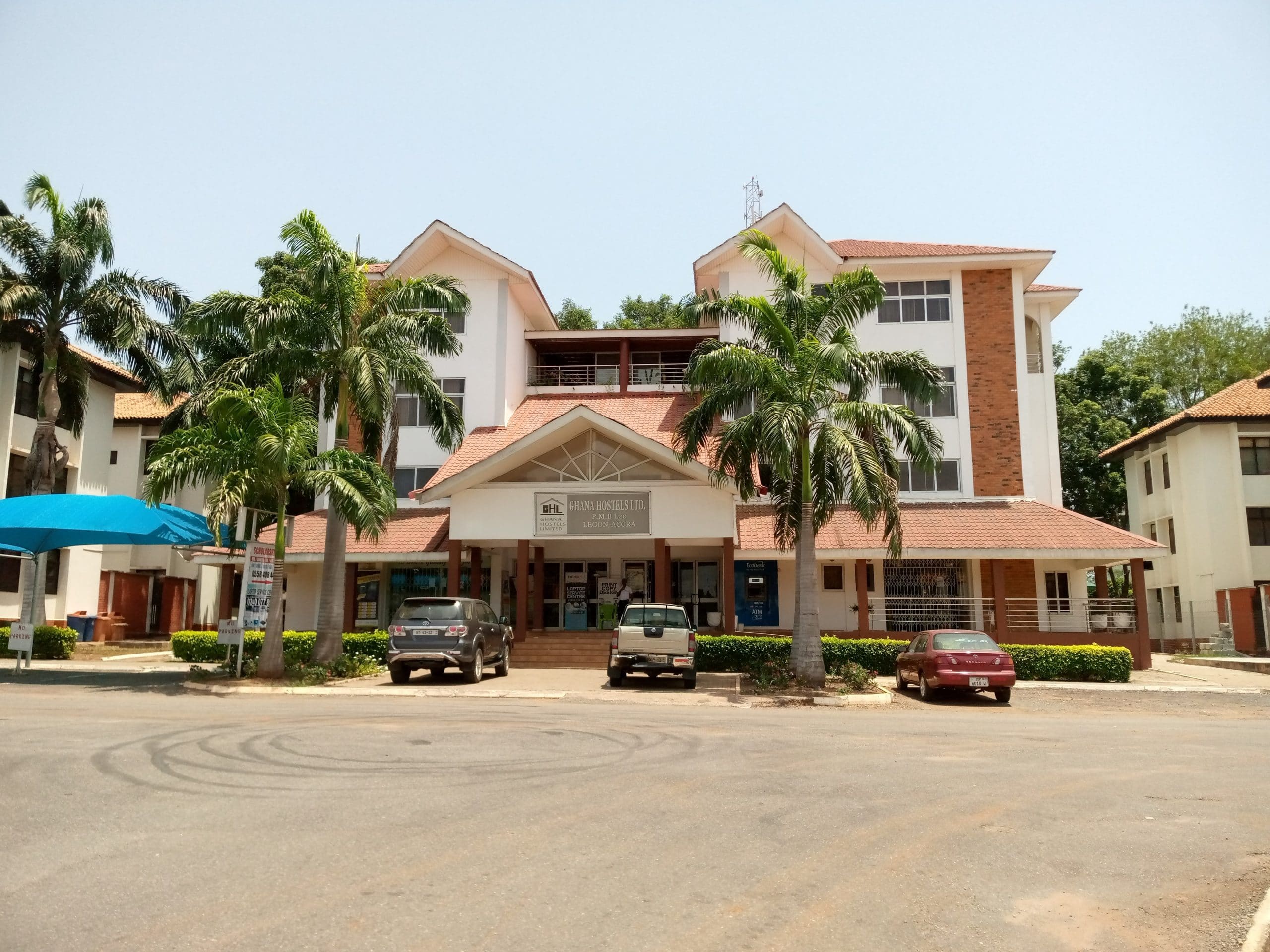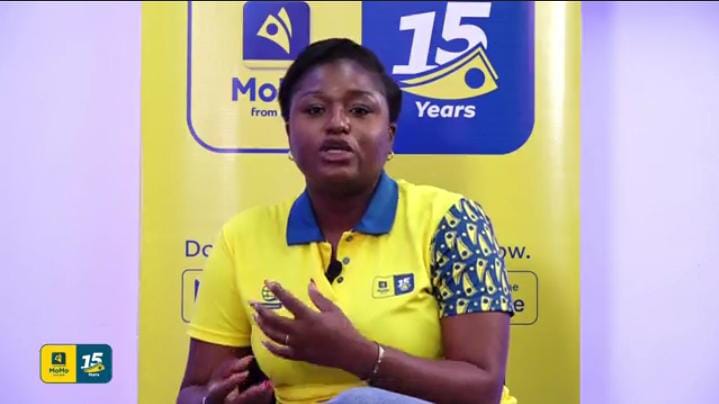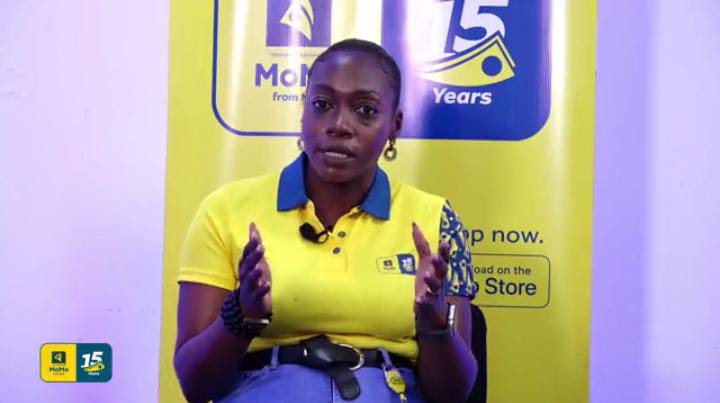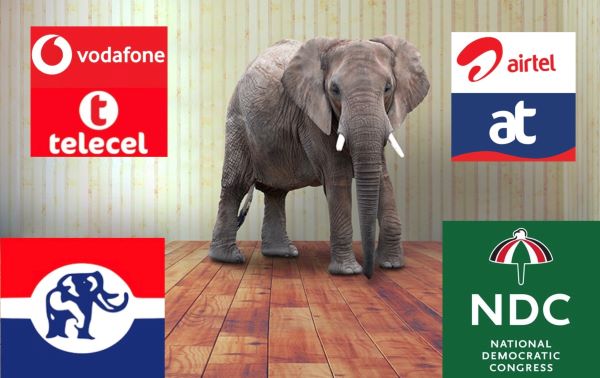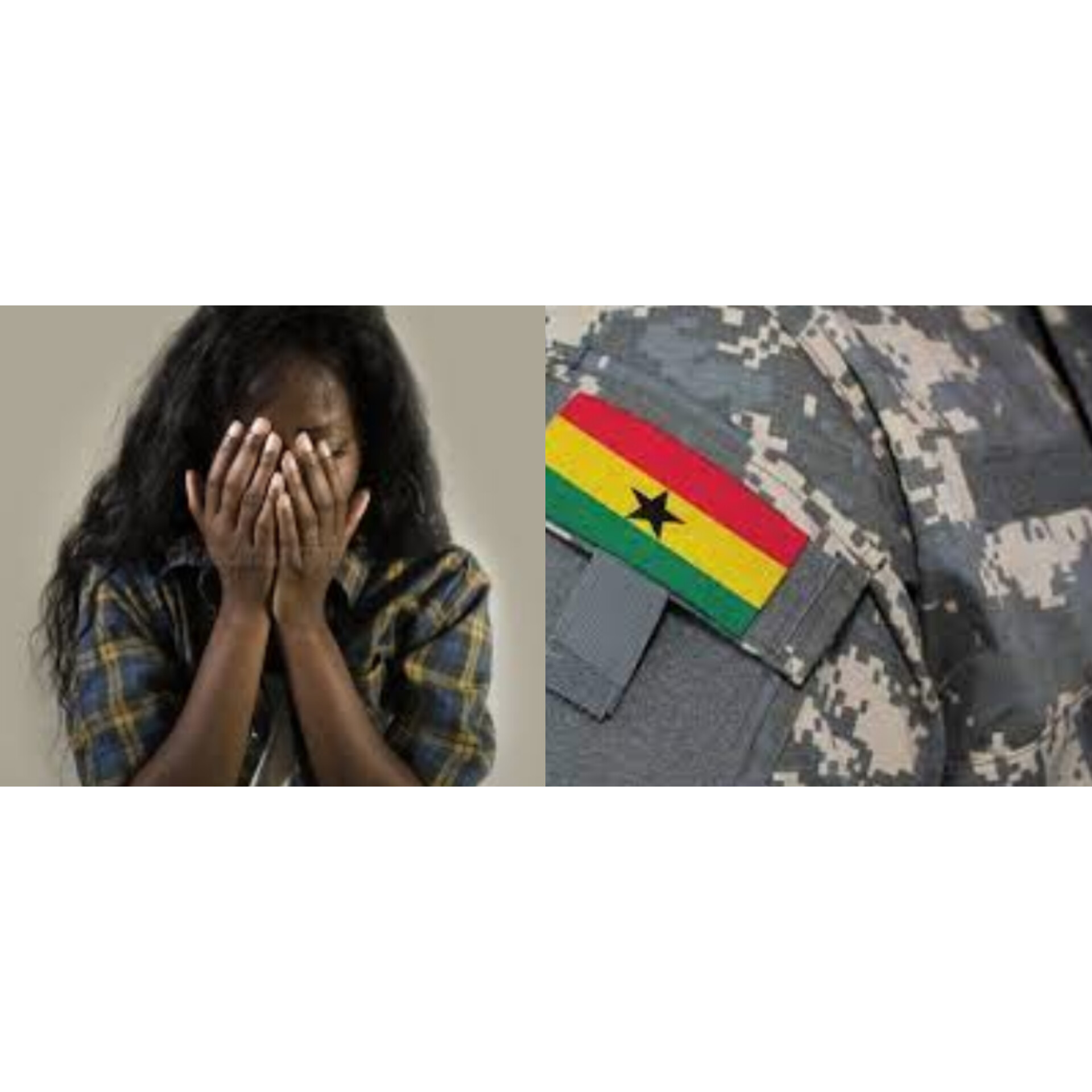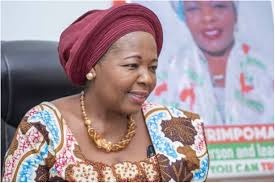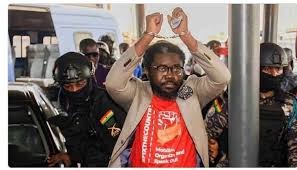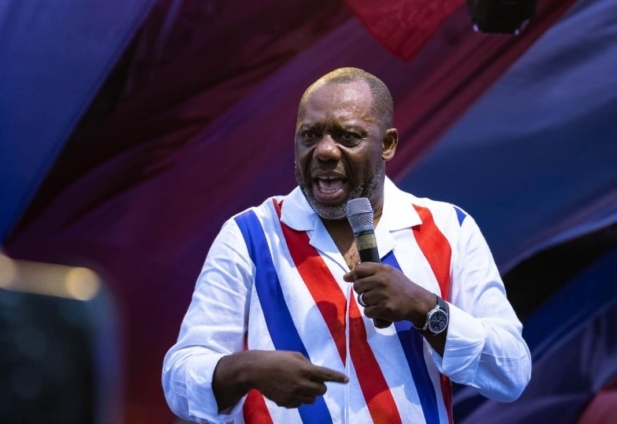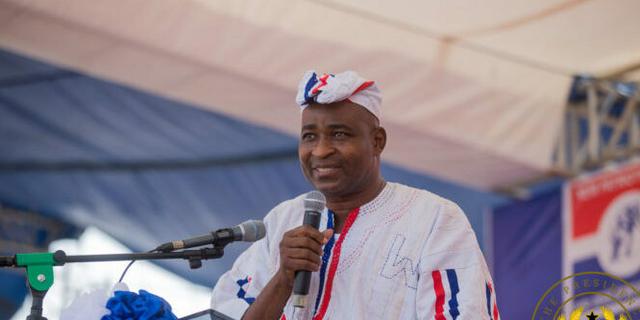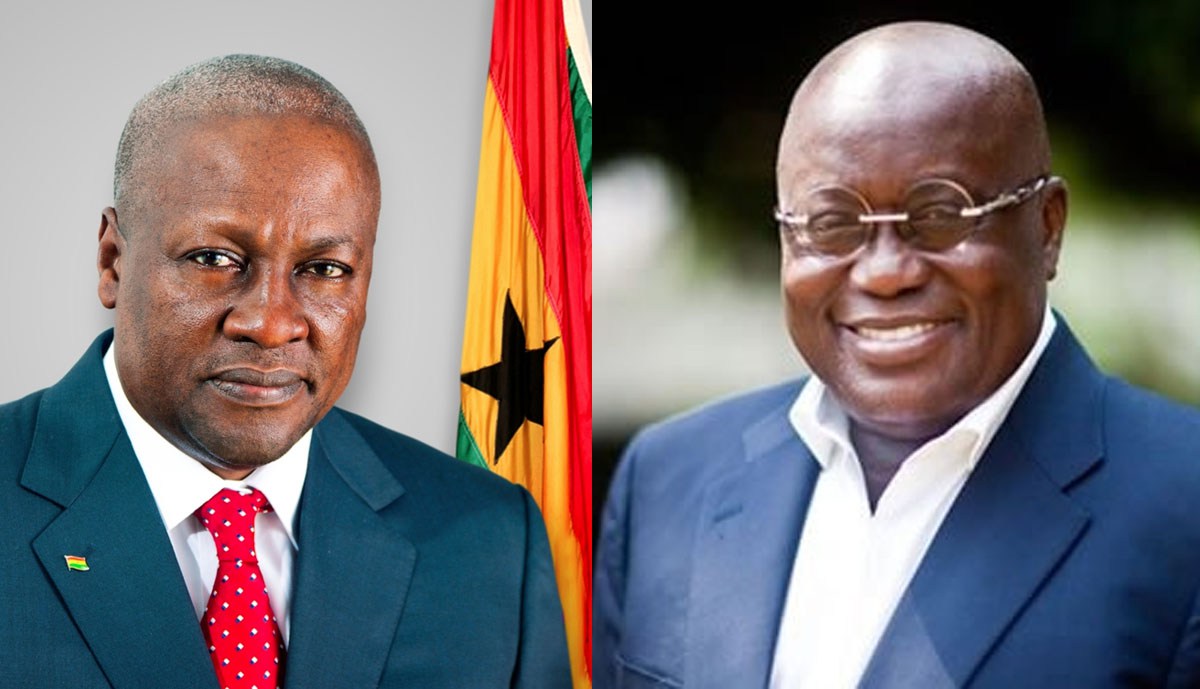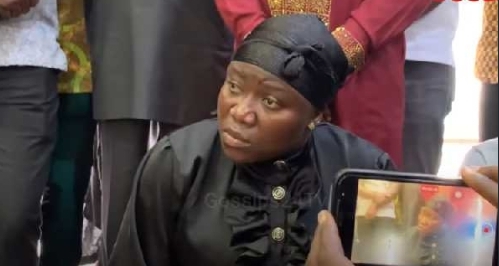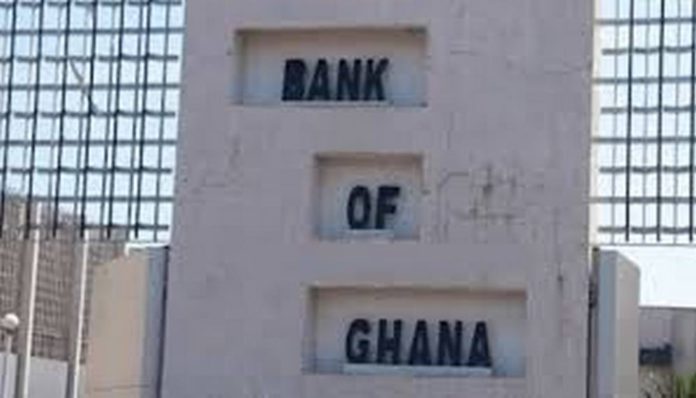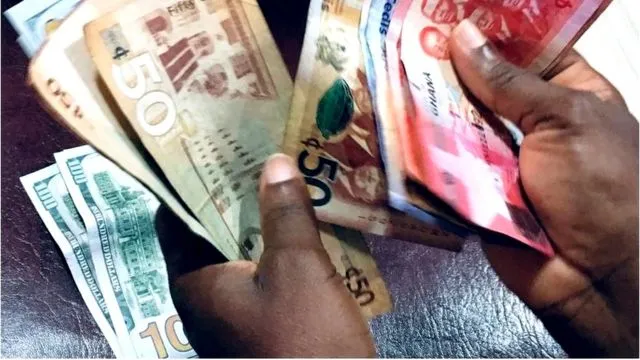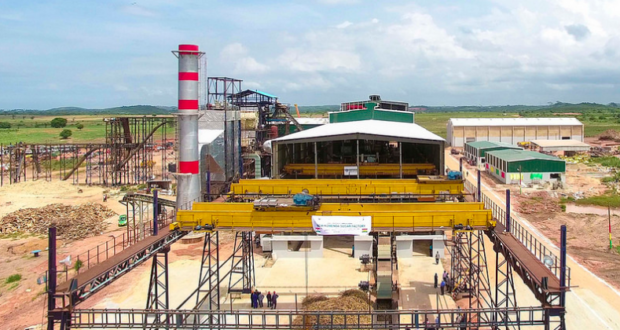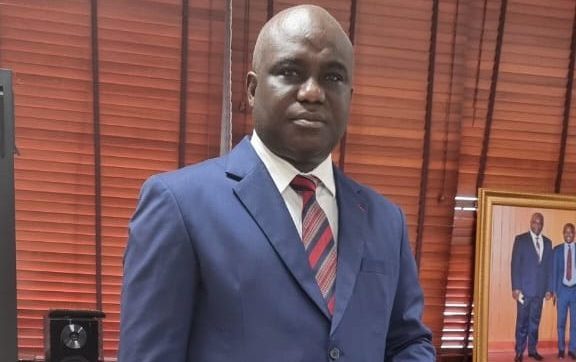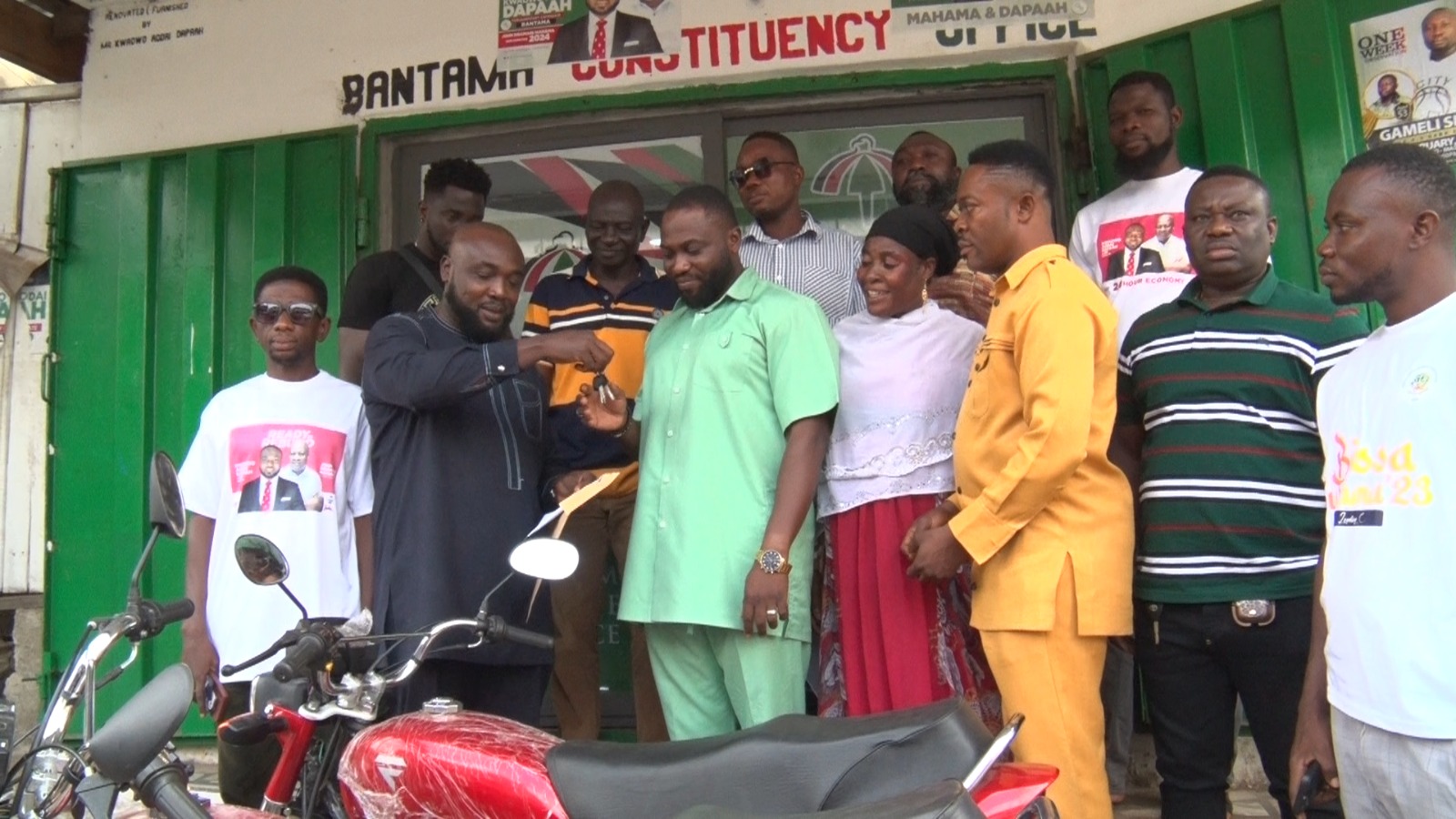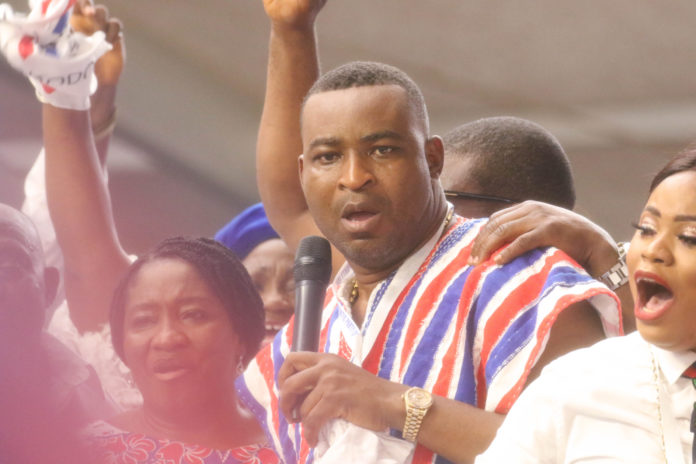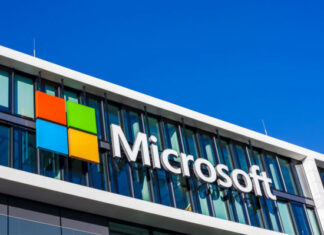ECOWAS Court holds Ghana liable for breach of citizen’s right to information
Source: GNA
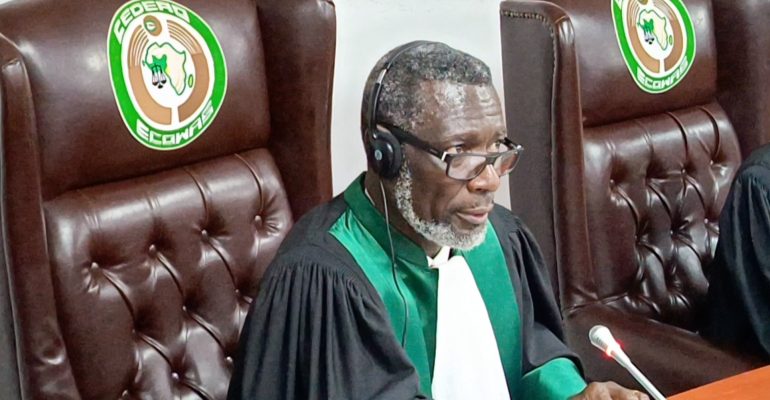

Source: GNA
The ECOWAS Court of Justice on 12 July 2024, held that the Republic of Ghana violated the right to information of Isaac Mensah and ordered the State to provide him with the requested information.
In the judgment delivered by Justice Edward Amoako Asante, Judge Rapporteur, the Court ordered the Republic of Ghana to release to Isaac Mensah, documents relating to the investigations on the enforced disappearance of his father and subsequent actions.
The documents include a 2009 UN/ECOWAS Investigation Report, the coroner’s report on bodies evacuated to Ghana and a report on the disbursement of the money paid by The Gambia to the affected families, among others.
The Court dismissed all other claims sought by Isaac Mensah and the Registered Trustees of the African Network Against Extrajudicial Killings and Enforced Disappearances (ANEKED) against the Republic of Ghana concerning the arrest, detention, and disappearance of some West African migrants in The Gambia in July 2005.
In the application with suit number ECW/CCJ/APP/47/20, filed on 18 November 2020, the Applicants alleged that Peter Mensah, a Ghanaian and father of Isaac Mensah, was among some West African migrants travelling to Europe through The Gambia who were arrested by state security agents of The Gambia and killed or disappeared.
They averred that Ghana violated its human rights obligations under the African Charter and the International Covenant on Civil and Political Rights (ICCPR) by its failure to thoroughly investigate the enforced disappearance of Peter Mensah in The Gambia, provide an effective remedy and grant the Applicants access to information relating to the unlawful detention and disappearance of Peter Mensah.
They asked the Court to direct the State to conduct an effective investigation into the disappearance of Peter Mensah, give copies of past fact-finding reports and other requested documents to the Applicants, and pay the sum of US$1.5 million as compensation to the first Applicant, Isaac Mensah.
In response, the Republic of Ghana challenged the competence of the Court to hear the matter since the incident occurred in The Gambia, outside the jurisdiction of the Republic of Ghana.
It also objected to the admissibility of the application because the Applicants did not establish their relationship with Peter Mensah, the primary victim of the alleged human rights violations.
It, therefore, asked the Court to dismiss the case for lack of jurisdiction and inadmissibility.
On jurisdiction, the Court declared it had jurisdiction over Isaac Mensah’s claim relating to the violation of the right to information but declined jurisdiction over the alleged violation of the prohibition against enforced disappearance, right to an effective remedy and right to truth.
The Court noted that incidents forming the basis of those claims occurred outside the territory of the Republic of Ghana and therefore the Court did not have jurisdiction over them.
On admissibility, the Court declared the first Applicant’s application relating to the violation of the right to information was admissible but that he lacked the capacity to sue on behalf of other 23 individuals claiming to be members of the Mensah family due to lack of authorisation to sue on their behalf.
It also struck out the second Applicant, Registered Trustees of African Network Against Extrajudicial Killings and Enforced Disappearances (ANEKED) from the suit for lack of evidence of any mandate to bring the application on behalf of the Applicants.
In its findings, the Court noted that despite getting a waiver of confidentiality from The Gambia on a 2009 UN/ECOWAS Investigation Report on the alleged detention and enforced disappearance of Peter Mensah and others, Ghana had failed to release it to Isaac Mensah.
Consequently, the Court held that the Republic of Ghana breached the Applicant, Isaac Mensah’s right to information contrary to Article 9(1) of the African Charter and Article 19(2) of the ICCPR.
The Court ordered the Republic of Ghana to release the Report and other documents requested by the Applicant to him within four months of the service of the judgment. Also on the bench were Justice Gberi-Bè Ouattara and Justice Ricardo Claúdio Monteiro Gonçalves.
Source: GNA
What's Your Reaction?















